As a number of internal and external disruptors are making it difficult, if not impossible, for hoteliers to push rate at this time, one of the best options available to help maintain profits is finding ways to control expenses.

Continued disruptions to the lodging industry by alternative accommodation providers, labor shortages, tariffs, uncertainty surrounding an upcoming presidential election and the fallout from the coronavirus (COVID-19) are the many factors poised to affect the hospitality industry this year. Hoteliers must focus their efforts on aggressive cost containment in order to maintain profitability.
Revenue per available room is projected to range between remaining flat and growing 1.1% in 2020 due to increases in supply in both traditional lodging assets and alternative accommodations such as Airbnb, short-term leases offered by residential properties and other disruptors to the industry, including the recent increase in the number of pop-up hotels. According to economists at the Americas Lodging Investment Summit in January, top-line growth in 2020 will decline when adjusted for inflation. Supply and demand will continue to grow in tandem. Average daily rate will be the sole driver of RevPAR gain.
In my firm, EisnerAmper’s, opinion, these predications will prove aggressive as the impact from the coronavirus was not fully understood at the time these forecasts were made. With anemic topline growth, hoteliers must focus on the expense side of the business.
Impact of coronavirus
The outbreak that has sickened nearly more than 300,000 and killed tens of thousands has had severe ramifications for the industry on a global basis, and even U.S. hotels located in suburban markets are feeling the impact. The growing number of cases reported has would-be travelers canceling vacations, conferences and business trips, which is creating a sharp falloff in earnings for the leisure industry.
Alternative accommodations are here to stay
The short-term rental market is maturing and is estimated to reach 12.2% of total hotel room supply in 2020 according to CBRE Group, a commercial real estate services and investment firm. While some hotel segments such as the luxury sector are relatively unaffected by short-term rentals, this shadow supply, which includes AirBnB, Sonder, Churchill Living, Stay Alfred, Domio, Selina and AutoCamp, has crippled the industry’s ability to push rates, particularly in the top 25 markets.
Slowing macroeconomic growth
Gross domestic product increased at an annual rate of 2.1% in the fourth quarter of 2019, according the Bureau of Economic Analysis. GDP projections for the U.S. for the next five years average 2%. The slowing growth combined with interruptions in travel related to climate change, coronavirus and political unrest has led to a difficult start to 2020.
Consumer spending is doing well; however, business investment spending has slowed. The consumer remains the growth driver. A solid labor market would continue to support rising disposable income and strong balance sheets, which equal elevated consumer confidence. The trade war has dampened business investment and, in turn, is slowing economic growth. With uncertainty brings a lack of commitment by businesses to invest in large capital projects. Moreover, political uncertainty is adding to the challenge as decision makers wait to see the outcome of the 2020 election.
Labor market remains tight
The U.S. unemployment continued falling for the fourth quarter and ended 2019 at 3.7% compared with 3.9% for 2018. Wage growth has remained subdued. Employment cost in general increased by 0.7% in the fourth quarter of 2019. Notable is that employment cost in the leisure and hospitality sector demonstrated an increase of 1.2% for the same time period, supporting the thesis that increases in labor cost will represent a threat to continued growth in profitability for the lodging industry. Employee retention is key and the industry should take successful tactics from other industries regarding creative ways to keep valuable employees satisfied.
Hotel owners and operators will have their work cut out to ensure profitability and, in many cases, their ability to meet debt-service. Identify opportunities for cost containment through regular benchmarking of operations, shared labor, eliminating waste, aggressive procurement and energy conservation should begin now.
Deborah Friedland is a managing director & practice leader of Hospitality Advisory Services at EisnerAmper, LLP. Contact her at 212.891.410 or at deborah.friedland@eisneramper.com.

